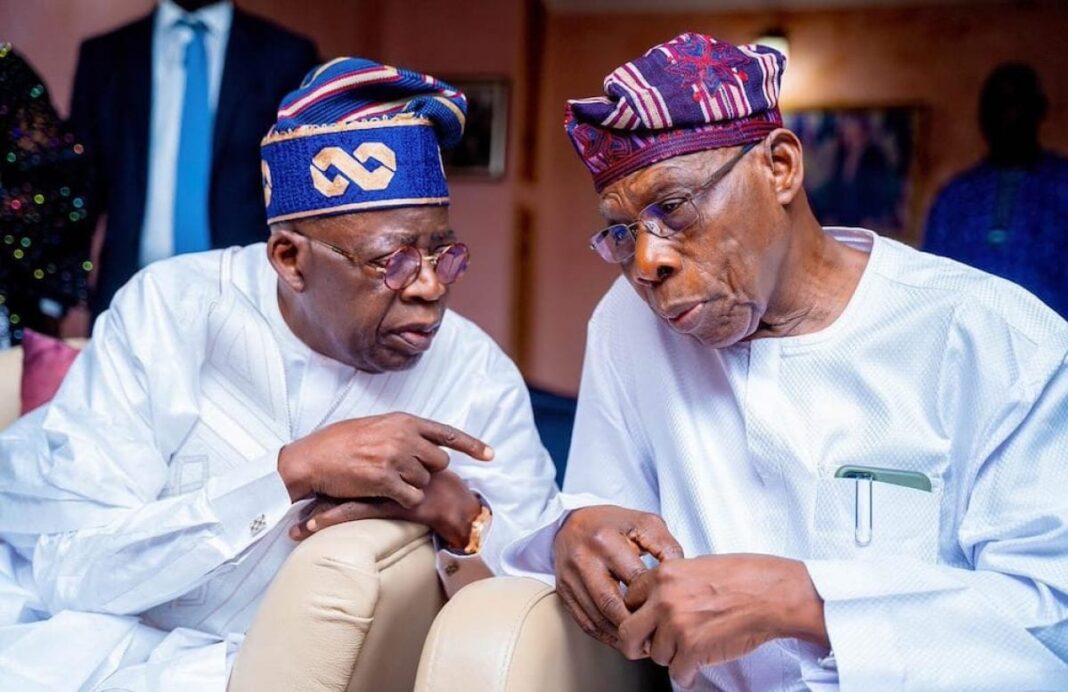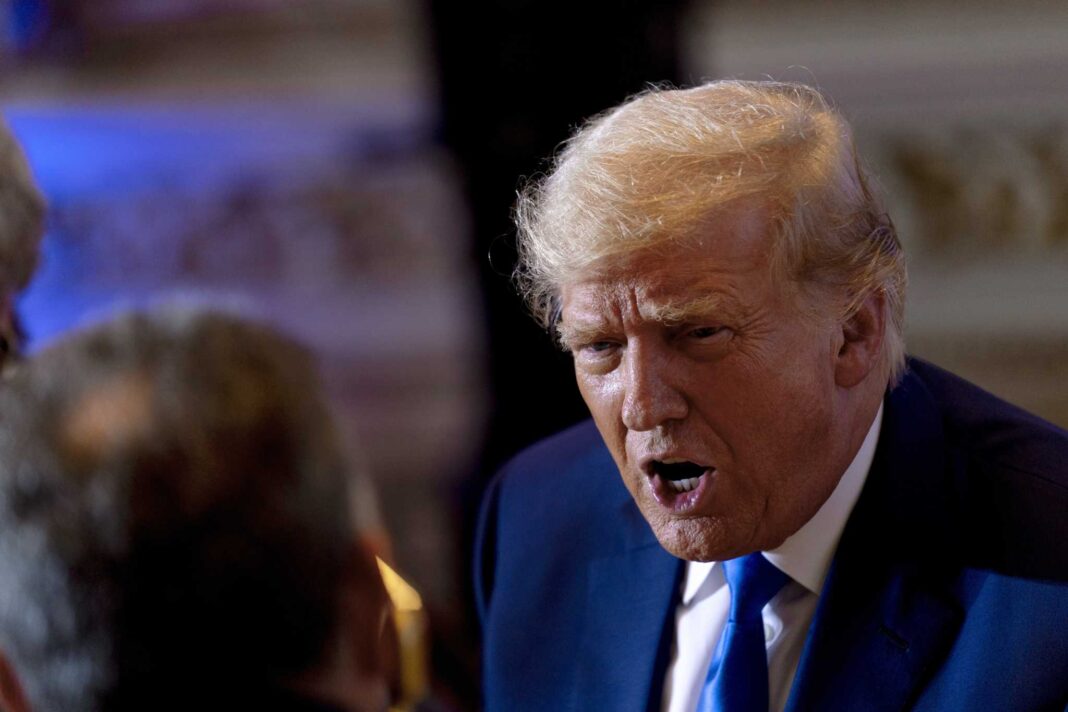NEW HAVEN, Conn. (ChatnewsTV) — Former Nigerian President Olusegun Obasanjo has delivered a stinging critique of President Bola Tinubu’s leadership, asserting that Nigeria’s deteriorating situation is “clear for every honest person to see.”
Obasanjo made the remarks during a keynote address at the Chinua Achebe Leadership Forum at Yale University, where he discussed Nigeria’s ongoing challenges under President Tinubu’s administration.
“Under the reign of Baba-go-slow and Emilokan, Nigeria’s failing state status is confirmed,” Obasanjo said, referring to President Tinubu by the critical nicknames he coined. “The consequences of pervasive corruption, mediocrity, immorality, misconduct, and mismanagement are plain for everyone to see.”
In a statement released by his Media Aide, Kehinde Akinyemi, Obasanjo emphasized that Nigeria is grappling with deepening insecurity, division, and underdevelopment. During his lecture, titled “Leadership Failure and State Capture in Nigeria,” he warned that the nation is sliding into chaos due to systemic corruption and a lack of accountability.
“The more the immorality and corruption of a nation, the more the nation sinks into chaos, insecurity, conflict, discord, division, disunity, and underdevelopment,” Obasanjo said. “That’s the situation mostly in Nigeria.”
Drawing inspiration from Chinua Achebe’s seminal 1983 work, The Trouble with Nigeria, Obasanjo echoed Achebe’s conclusion that the country’s primary issue lies in leadership failure, not cultural or environmental factors.
He went on to accuse Nigeria’s political elites of “state capture,” a form of corruption where influential groups manipulate national resources and policies for personal benefit. He cited instances of undervalued sales of national assets and undue influence in political decision-making as examples of this pervasive problem.
“What is happening in Nigeria – right before our eyes – is state capture, where public institutions are subject to undue influence from vested interests,” Obasanjo explained. He criticized the intertwining of business and political elites, which he said undermines the public good in favor of private gain.
According to Obasanjo, the repercussions of state capture are already visible in Nigeria’s education, healthcare, infrastructure, and economy, areas that he said have suffered due to poor leadership and corruption.
Nevertheless, Obasanjo ended his speech on a note of optimism, insisting that Nigeria’s problems are fixable. “There is hope,” he said, urging the nation’s leaders to prioritize accountability and reform.
In his closing remarks, Obasanjo paid tribute to the late Chinua Achebe, calling him “a great and distinguished Nigerian” whose legacy continues to influence the nation’s conscience and culture.
By Gabriel Ani




